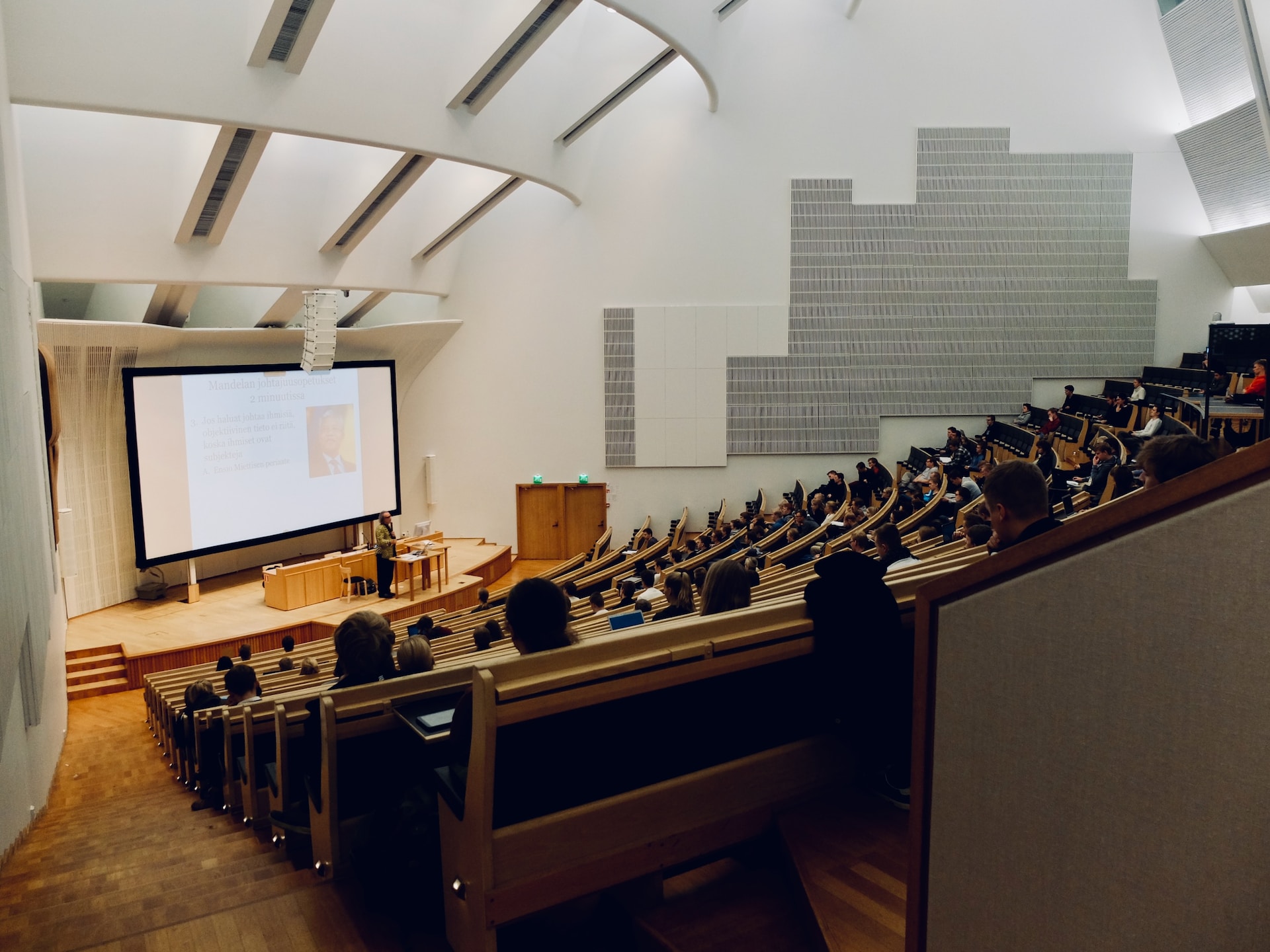1 - HEDGE
Health focused design of green areas and open spaces
Objectives
Defining innovative criteria for the integrated design of inclusive urban green areas, to enhance the health benefits of multi- sensorial contact with nature and outdoor activities. Green areas are considered nodes promoting wellbeing, and part of a wider network of open spaces fostering walkability, active lifestyles, and social cohesion, while assuring increased quality of life also during pandemics.
- Task 1.1: Analysis of evidence and best practices, identification of case studies, baseline analysis.
- Task 1.2: Definition of specific goals and strategies about spatial composition and green systems, to address needs, behaviours and preferences of different target users, relation with the urban context, and sustainability during construction and maintenance.
- Task 1.3: Definition of integrated design criteria, cross-cutting evidence, methods and approaches from the green design and environmental health fields, and benefitting of new multidisciplinary insights from the other projects; discussion with local institutions and stakeholders.
- Task 1.4: Summary and criteria and recommendations for green areas design.
Expected Results
- Review of existing green area design criteria and best practices targeting different needs and users.
- Context/users- related criteria and recommendations for the design of green areas.
- Case studies to showcase models for health-promoting green areas.
Host Institution
Alma Mater Studiorum University of Bologna UNIBO
Supervisors
Patrizia Tassinari, Daniele Torreggiani – UNIBO, Italy
Stefano Capolongo, Andrea Rebecchi – POLIMI, Italy
Jelena Mazaj – CESIE, Italy
Address
Alma Mater Studiorum University of Bologna UNIBO
Department of Agricultural and Food Sciences DISTAL
Viale G. Fanin 50, 40127 Bologna, Italy
Contacts
